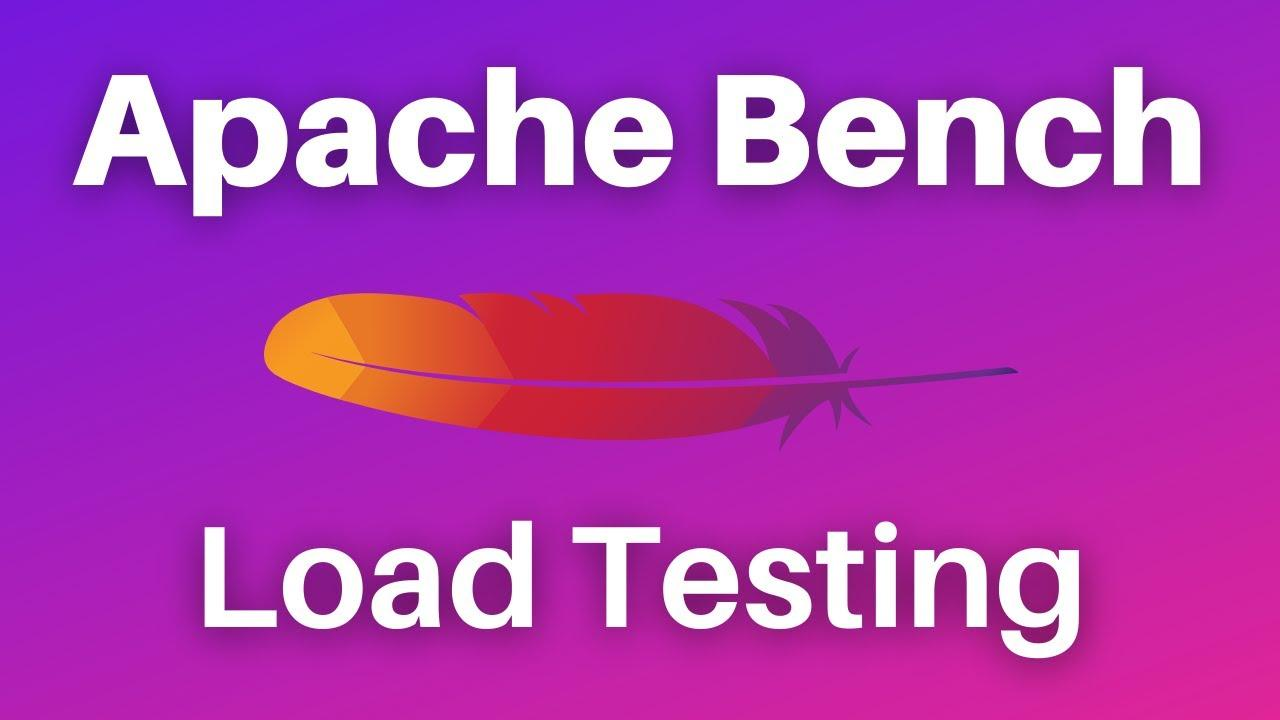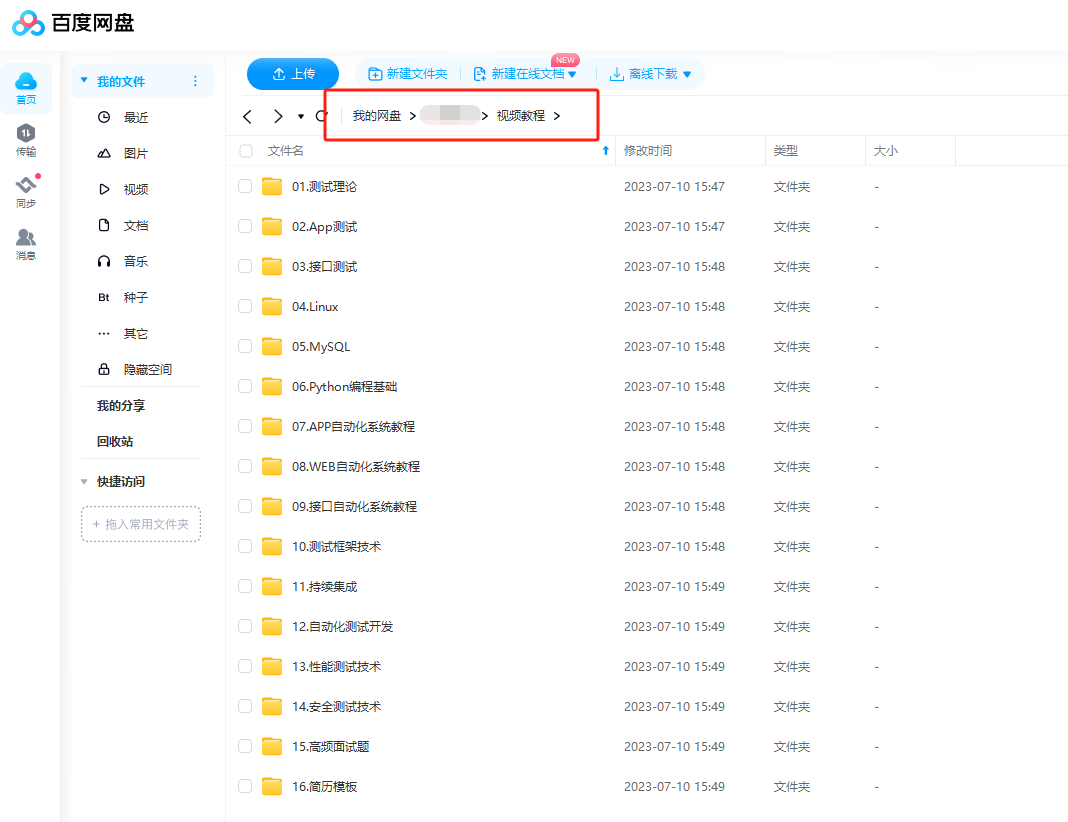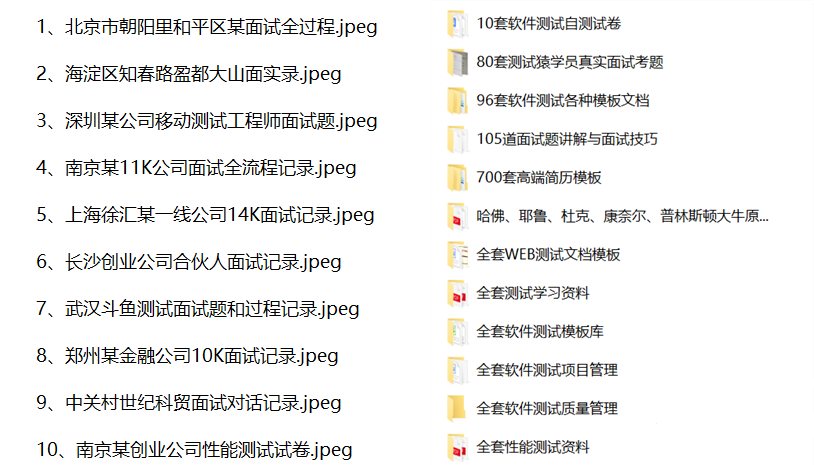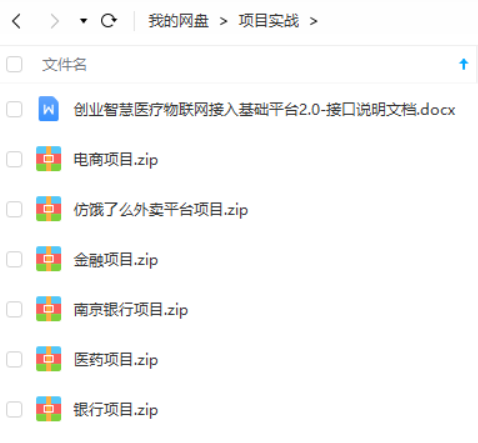
Autocannon
Autocannon is an HTTP stress testing tool based on Node.js. It has the following characteristics:

- Easy to use: Autocannon provides a simple command line interface, making it easy to get started and use.
- High performance: Autocannon uses the asynchronous non-blocking mechanism of Node.js to simulate a large number of concurrent requests.
- Real-time monitoring: Autocannon provides real-time request statistics and performance indicators to facilitate users to monitor test progress and results in real time.
- Flexible configuration: Autocannon allows users to configure the number of concurrent requests, duration, request headers and other parameters to meet different testing needs.
Apache Bench (ab)
Apache Bench (ab for short) is a stress testing tool provided by the Apache HTTP server project. Its features include:

- Widely used: Due to its simplicity and reliability, the ab tool has become a standard stress testing tool and is widely used in various scenarios.
- Command line interface: ab provides a command line interface to perform stress testing through simple commands and parameters.
- Support concurrent requests: ab can simulate multiple concurrent requests and measure server performance.
- Report output: ab provides simple report output, including requested throughput, response time and other indicators.
Siege
Siege is an open source HTTP stress testing tool with the following features:

- Flexible configuration: Siege provides a wealth of configuration options that can simulate different types of loads, including the number of concurrent users, request intervals, etc.
- Supports multiple protocols: In addition to HTTP, Siege also supports other protocols such as HTTPS, FTP, SOAP, etc.
- Visual reports: Siege provides intuitive graphical reports, showing the response time, error rate and other information of the request.
JMeter
JMeter is a powerful Java application used for load testing and performance testing. Its features include:

- Multi-protocol support: JMeter supports multiple protocols, including HTTP, HTTPS, FTP, SOAP, JDBC, etc., suitable for various scenarios.
- Graphical interface: JMeter provides a rich graphical interface to facilitate users to create and manage test plans.
- Distributed testing: JMeter supports distributed testing, which can simulate large-scale concurrent loads through multiple machines.
- Rich plug-in ecosystem: JMeter provides a rich set of plug-ins that extend its functionality and flexibility.
Vegeta
Vegeta is an open source stress testing tool written in Go. Its features include:

- Easy to use: Vegeta provides a simple command line interface, making it easy to get started and use.
- High performance: Vegeta uses the concurrency mechanism of the Go language and can handle large-scale concurrent requests.
- Supports multiple request methods: Vegeta supports multiple request methods such as GET, POST, and PUT, which are suitable for different scenarios.
- Real-time output and reporting: Vegeta provides real-time request output and reporting functions to facilitate users to monitor test progress and results.
work
wrk is a high-performance HTTP stress testing tool written in C language. It has the following characteristics:

- High performance: wrk is written in C language and has high performance and low system overhead.
- Flexible configuration: wrk allows users to customize the number of concurrent requests, duration and request parameters to meet different testing needs.
- Support script extension: wrk provides the function of Lua script extension, and you can write customized test scripts as needed.
Locust
Locust is an open source stress testing tool written in Python. Its features include:

- Easy to use: Locust is written in Python and has an easy-to-use command line interface and web interface.
- Distributed testing: Locust supports distributed testing, which can simulate large-scale concurrent loads through multiple machines.
- Flexible test scripting: With Locust, you can write flexible test scripts in Python to simulate a variety of loads and behaviors.
- Real-time monitoring: Locust provides real-time request statistics and performance indicators and displays them in the web interface to facilitate users to monitor test progress and results.
Taurus
Taurus (formerly known as Automated Test and Reusable Software) is an open source performance testing tool that allows you to easily create, run and manage performance tests, while also integrating multiple performance testing tools such as Apache JMeter, Gatling, Selenium, etc. and cloud platforms such as Apache Tika, AWS, Azure, etc. Here are the key features and features of Taurus:

- Multi-tool integration: Taurus provides integration with multiple performance testing tools, so you can choose the one that best suits your project and needs without having to switch tools. These tools include JMeter, Gatling, Selenium, Wrk, etc.
- Automatic script generation: Taurus allows you to use simple configuration files to define performance test scenarios without having to write complex test scripts. It can automatically generate test scripts, thereby reducing the complexity of testing.
- Distributed testing: Taurus supports distributed testing, allowing you to simulate large-scale users concurrently accessing your application to more realistically simulate actual loads.
- Real-time monitoring and reporting: Taurus provides real-time performance monitoring and detailed test reports, including response time, throughput, error rate and other indicators to help you evaluate performance.
- Multi-cloud platform support: Taurus can integrate with various cloud platforms such as AWS, Azure, Google Cloud, etc. to easily scale performance testing infrastructure.
- CI/CD integration: Taurus can integrate with continuous integration and continuous delivery (CI/CD) tools to automate performance testing and ensure that every build passes performance testing .
- Script reuse and organization: Taurus supports script reuse and organization, allowing you to more easily manage large test suites.
- Open source and active community: Taurus is an open source project with an active community that provides support and customization capabilities.
The main goal of Taurus is to simplify the performance testing process and make it easier to use and manage. It is suitable for all types of projects, whether it is a web application, API, mobile application or other types of applications. By providing a unified interface and the ability to automatically generate scripts, Taurus helps developers, testers, and DevOps teams more easily conduct performance testing and ensure that applications run stably under various load conditions.
k6
k6 is a powerful open source tool when you need to perform performance testing of web applications, APIs, or other network services. Here are the key features and features of k6:

- JavaScript writing test scripts: k6 uses JavaScript to write test scripts, which makes writing test scripts relatively easy and allows complex logic to be included in test scripts.
- Simulate virtual users: k6 allows you to simulate multiple virtual users accessing your application or service simultaneously to simulate the load of real users. You can define the number and behavior of virtual users.
- HTTP request support: k6 supports sending HTTP requests, including GET, POST, PUT, DELETE, etc., to simulate user interaction with web applications.
- WebSocket support: In addition to HTTP requests, k6 also supports WebSocket, allowing simulated WebSocket communications, suitable for real-time applications and games.
- Distributed testing: k6 supports distributed testing, allowing you to run tests on multiple hosts to simulate large-scale users.
- Real-time monitoring and reporting: k6 provides real-time performance monitoring and detailed test reports, including response time, throughput, error rate, and more, to help you identify performance bottlenecks and issues.
- Custom metrics and thresholds: You can define your own performance metrics and thresholds to ensure that your application meets performance requirements.
- Integration: k6 can be integrated with various CI/CD tools and testing tools to automate and integrate performance testing into the continuous integration process.
- Open source and active community: k6 is an open source project with an active community that provides support and extends the functionality of the tool.
- Cross-platform: k6 runs on multiple operating systems, including Linux, macOS, and Windows.
k6 is a flexible and powerful performance testing tool especially suitable for developers, testers and DevOps teams to verify the performance of applications, detect performance issues and ensure that applications still run stably under high load. It also supports automatic running of performance tests in continuous integration and continuous delivery processes, as well as customization of performance test scripts to meet the specific needs of the project.
yandex.tank
Yandex.Tank (also known as "tEngine") is a performance testing tool developed by the Russian search engine company Yandex for testing the performance and load capacity of web applications and services. Yandex.Tank is open source software and can be used and customized for free. This allows developers and testing teams to use and extend the tool according to their needs and the specific requirements of their projects. Here are some of its features:

- Highly configurable: Yandex.Tank allows users to configure test scenarios according to their needs. You can define various performance test parameters such as request rate, number of concurrent users, test duration, HTTP headers, etc. to simulate different load conditions.
- Multiple protocol support: It supports multiple protocols, including HTTP, HTTPS, and WebSocket, etc., which allows you to test the performance of various web applications and services, including Online stores, social media platforms, game servers, etc.
- Distributed testing: Yandex.Tank supports distributed testing, allowing you to simulate large-scale users accessing your application or service simultaneously. This is useful for evaluating system performance under heavy load.
- Real-time monitoring and reporting: Yandex.Tank generates detailed test reports that include performance metrics, response times, error messages, and more. These reports can be used to evaluate the performance of your system and identify potential performance issues.
- Integration: Yandex.Tank can be integrated with other testing tools and automated testing frameworks to incorporate performance testing into continuous integration and continuous delivery (CI/CD) processes to Ensure applications remain performant in changing environments.
- Supports multiple operating systems: Yandex.Tank runs on different operating systems, including Linux and Windows.
In summary, Yandex.Tank is a powerful performance testing tool suitable for evaluating the performance of web applications and services under various load conditions. Its open source nature and flexible configuration options make it a strong choice for many teams for performance testing.
Summarize:
The above are some commonly used stress testing tools, which cover a variety of programming languages and usage scenarios. You can choose the appropriate tool for stress testing based on your needs. If you want to write a stress testing tool using Golang, Rust, and Python, you might consider using Vegeta (Golang), wrk (C, but with Lua extension), and Locust (Python). These tools are excellent in their respective fields and have active community support.
Take action, it is better to be on the road than to wait and see. In the future, you will definitely thank yourself for working hard now! If you want to learn and improve but can't find the information and there is no one to answer your questions, please join the group in time: 786229024, which contains various testing and development materials and technologies. You can communicate together.
Finally: The complete software testing video tutorial below has been compiled and uploaded. Friends who need it can get it by themselvesSoftware testing interview document We must study to find a high-paying job. The following interview questions are the latest interview materials from first-tier Internet companies such as Alibaba, Tencent, Byte, etc., and are given by Byte bosses. Authoritative answers. I believe everyone can find a satisfactory job after reviewing this set of interview materials. 【保证100%免费】



